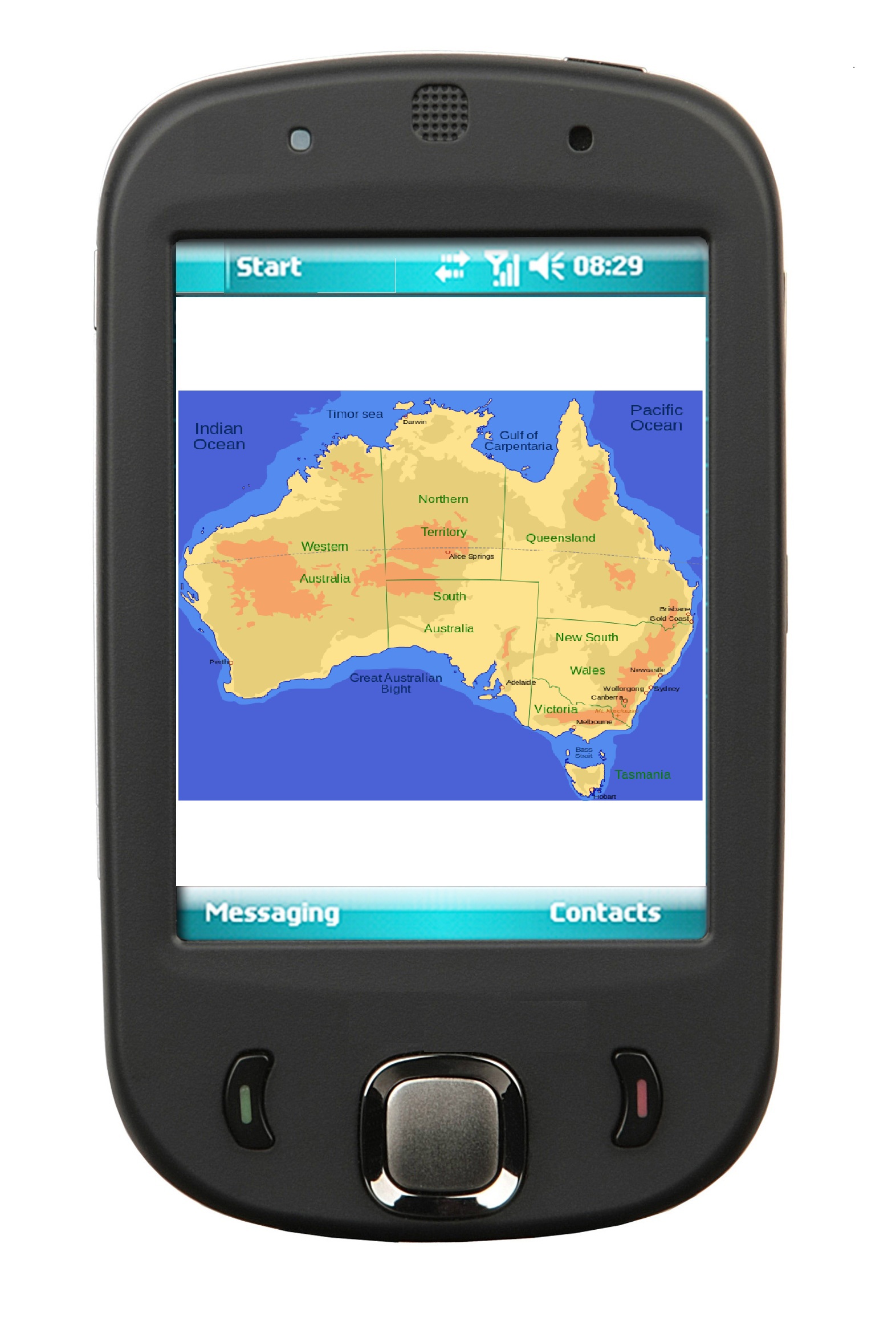Retailers are falling behind when it comes to engaging mobile consumers
Australian retailers are struggling to embrace mobile commerce. Episerver has released a new report that scores 20 of Australia’s major retailers in terms of their mobile offerings. These retailers have become heavily involved in the mobile space, providing consumers with the ability to shop online with their mobile devices. Consumers can also use their devices in physical stores to research and purchase products that they are interested in. While retailers have become involved in the mobile space, they are finding it difficult to effectively engage consumers in meaningful ways.
Consumers enjoy the mobile experience provided by top retailers
According to the report, The Iconic, one of Australia’s largest retailers, has the best mobile experience. Approximately 66% of consumers said that they enjoyed their shopping experience through the retailer’s mobile platform. Kogan, another retailer, came in second in terms of customer satisfaction, with 64% noting that they enjoy the retailer’s mobile efforts. While Kogan is second overall, the majority of consumers appreciate the company’s mobile website. Approximately 73% of consumers say that Kogan has the best mobile website of all retailers in the mobile field.
Australian retailers are falling behind those in other countries
 While some of Australia’s top retailers have found some success in the mobile space, these companies are lagging behind those in other countries. The report shows that Australian retailers are performing 34% worse than retailers in other countries, as they are finding more success in the mobile commerce space. The mobile space has proven to be a competitive market, with consumers unwilling to use platforms that they do not enjoy.
While some of Australia’s top retailers have found some success in the mobile space, these companies are lagging behind those in other countries. The report shows that Australian retailers are performing 34% worse than retailers in other countries, as they are finding more success in the mobile commerce space. The mobile space has proven to be a competitive market, with consumers unwilling to use platforms that they do not enjoy.
Mobile consumers are still worried about the security of mobile payments
Mobile commerce has become a very powerful force in the retail space. In Australia, banks have been supporting mobile payments aggressively, finding some success among consumers that rely heavily on their smartphones and tablets. Consumers are somewhat wary of mobile payment platforms, however, due to security concerns. This is something that retailers have had to overcome over the past few years.

 The UC Browser from Alibaba and another popular
The UC Browser from Alibaba and another popular 